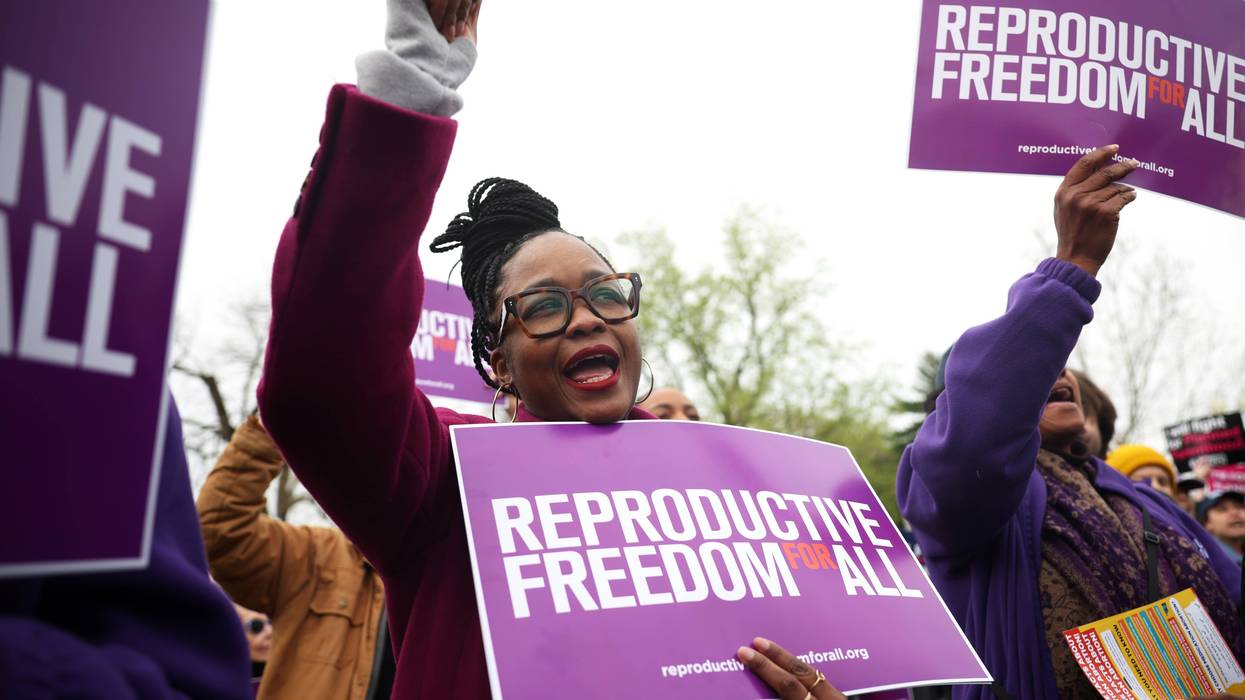Tomorrow, Tuesday, harmed residents and their allies will hold a rally outside Governor Newsom's house in Fair Outs to mark the five-year anniversary of the horrific blowout at SoCalGas's Aliso Canyon Storage Facility in Los Angeles. That blowout displaced over 25,000 residents from their homes, took more than four months to plug, and continues to sicken numerous families today. The blowout was also a catastrophe for the climate, as 100,000 metric tons of methane leaked, totaling 25 percent of California's methane emissions for the year.
Governor Newsom promised Los Angeles families he was "fully committed" to shutting down Aliso Canyon. In November 2019, Newsom wrote a letter to the CPUC to expedite planning for that shut down. However, since Newsom was elected, SoCalGas continues to inject gas into Aliso Canyon and withdrawals have increased by 3000% despite its need making residents sicker. Residents have submitted repeated requests to meet with Governor Newsom and his staff since September 2019 but have been ignored. Community members and moms fighting to protect their families feel they have no other choice but to travel to Sacramento on this anniversary to confront Gov. Newsom's inaction in person.
WHAT: Harmed residents and elected officials will hold a rally and press conference calling on Gov. Newsom to shut down Aliso Canyon Gas Storage Facility
WHEN: Tuesday, October 20, 2020, 11:00am
WHERE: Residence of Governor Gavin Newsom, 6740 Tobia Way, Fair Oaks, CA
WHO:
Residents from north San Fernando Valley communities and other parts of Los Angeles, Food & Water Action, Save Porter Ranch, Aliso Moms Alliance, Mothers Out Front, Breast Cancer Action, Rootskeeper, 350.org, Live from the Frontlines.
VISUALS/AUDIO:
Several dozen people are expected to participate in the action. Award-winning photographer Hannah Bennet will show her latest photo series, Aliso Stories, of over twenty portraits of families impacted by the gas blowout. Participants will tell the stories of these families. Protestors will hold colorful banners and signs and chant.
BACKGROUND:
Methane is a potent greenhouse gas that warms the planet 84 times faster than carbon dioxide in a 20-year time frame. Aliso Canyon's blowout and ongoing daily emissions threaten the stability of our climate. As California faces the worst fire season on record, the outlook only gets worse as Aliso Canyon blowout emissions continue to fast track global warming over the next 15 years. Residents and allies will call on Gov. Newsom to shut down dangerous and climate wrecking fossil fuel infrastructure to avert the climate apocalypse facing California now and in the future.
Aliso Canyon is not needed to meet energy reliability in Southern California. Aliso Canyon was effectively closed for two years after the gas blowout ended in February 2016. During Governor Brown's last two years in office, stricter regulations were imposed by the CAISO, CPUC and CEC on gas system management. In addition to new regulations requiring SoCalGas to better manage gas system supplies, state agencies deployed clean energy resources and demand response and energy efficiency programs that aided in eliminating the need of Aliso Canyon. The CPUC directed SoCalgas to keep Aliso Canyon available for withdrawals but only in case of system emergencies. In February 2017, the LA County Board of Supervisors released a report prepared by EES Consulting that concluded Aliso Canyon would not be needed to maintain energy reliability if the state continued to maintain regulations and mitigation measures initially deployed. Disappointedly, SoCalGas successfully lobbied to weaken these regulations over time, resulting in rules that have allowed SoCalGas to withdraw from Aliso Canyon as it saw fit by removing the "asset of last resort" requirement. Since Governor Newsom was elected, SoCalGas ramped up withdrawals at Aliso Canyon by 3000%. Governor Newosm's leadership is needed to direct the CPUC to phase out, not ramp up, the use of Aliso Canyon as it still poses a serious health and safety threat to millions of people living in the San Fernando Valley.





